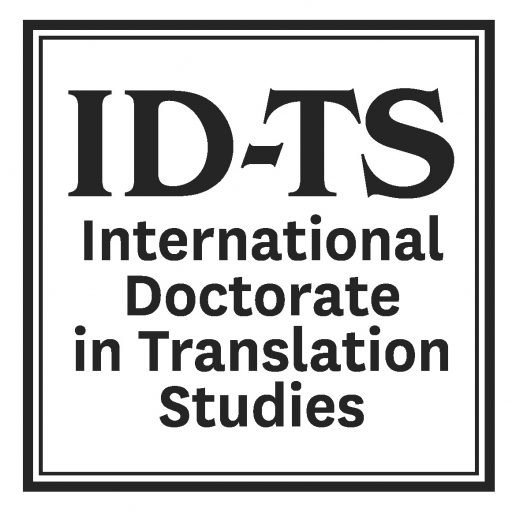The network facilitates students’ access to programs, particular courses and activities, and to supervisors in the following ways.
1. Registry of doctoral programs: The website of the network provides an overview of all member programs, including the specializations offered, the possibilities for exchange, and the person in charge of the network activities of each program (see members’ section).
2. Registry of doctoral supervisors: The network compiles a registry of academics who are prepared to supervise or co-supervise in particular areas. The registry will make it possible to search by the supervisor’s name, specialization, country and institution, with a link to the programs in which the supervisors are involved (see members’ section).
3. Graduate conference: The network provides support so that students may organize an annual graduate conference for students in member programs, with one host institution. The conference should enhance dialogue among students from different programs. Students should actively design the format and content of the conference by cooperating with each other. A call for proposals may be issued, in which students are invited to propose a topic for the following year’s conference. To ensure cooperation, some basic principles should be stated in the call: students from at least three different programs should be involved in the organization of the conference. The committee evaluating the proposals should include doctoral students and young scholars who have recently completed their doctoral thesis.
4. Support for students: The network may provide support to students by organizing
tutorials, mentoring, workshops and other training activities.
5. Course materials: The network has a database of online course materials, including copyright-cleared readings, video lectures, presentation slides and model syllabi (see members’ section).
6. Training for research supervisors: The network provides training for research supervisors in the field of Translation Studies.



